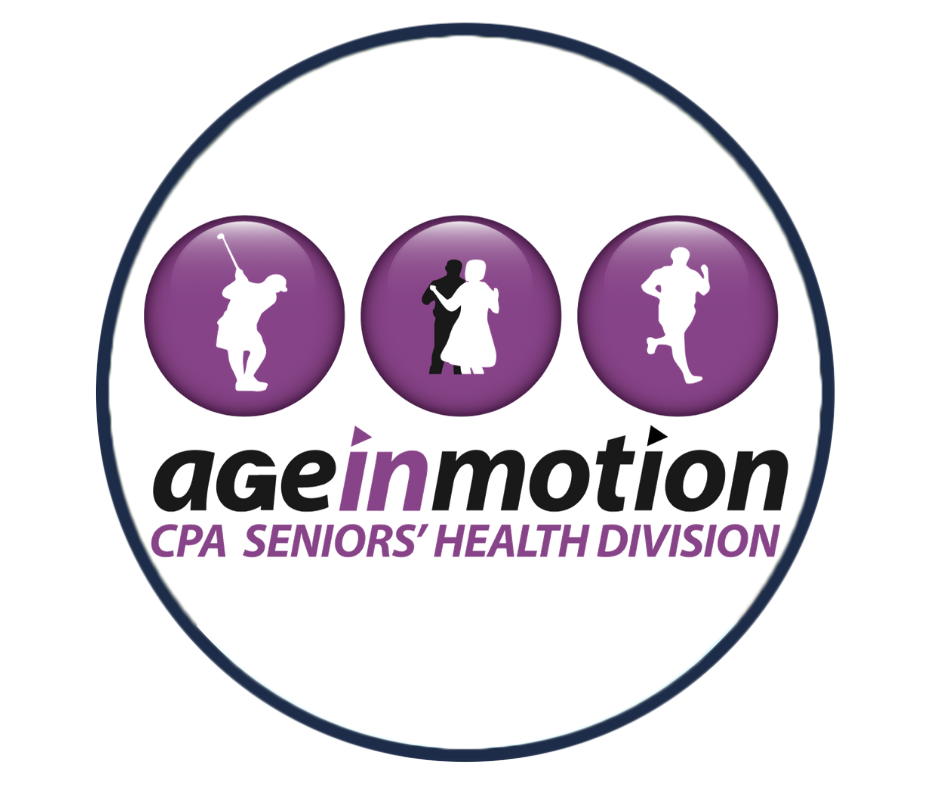Falls Risk in Older Adults with Dementia Living in Long-Term Care

Falls Risk in Older Adults with Dementia Living in Long-Term Care
This course includes
Overview
Many factors contribute to falls risk in older adults with dementia living in long-term care.
In this online course, Dr. Iaboni will discuss these risk factors and present a new assessment developed to help facilitate a person-centered approach to managing falls risk.
She will also speak about opportunities to use technology for monitoring activity and falls risk in people with dementia living in long-term care, including the use of location tracking systems and computer vision.
She will show results from the AMBIENT study which used video surveillance footage to track changes in gait over time and the use of artificial intelligence to identify critical changes in gait associated with a high likelihood of a fall in the next month.
Join the Canadian Physiotherapy Association for this online course 'Falls Risk in Older Adults with Dementia Living in Long-Term Care'.
Learning Objectives
In this online course, participants will:
- Discuss factors that contribute to falls risk in older adults with dementia.
- Describe gait stability, how it can be measured using computer vision, and its relationship to falls risk.
- Reflect on the benefits and risks of falls risk assessment technologies in residential care.
Audience
This online course is for all healthcare professionals, including physiotherapists and occupational therapists, who treat older adults.
Speaker Bio: Andrea Iaboni, MD, DPhil, FRCPC

Dr. Iaboni is a geriatric psychiatrist and clinical researcher working at the Toronto Rehabilitation Institute (TRI), University Health Network (UHN), the Medical Lead of the Specialized Dementia unit at UHN, an associate professor in the Department of Psychiatry and faculty member in the Rehabilitation Sciences Institute at the University of Toronto.
Her research is aimed at observing the relationship between psychotropic medications and falls and mobility in older adults, as well as developing, evaluating, and implementing technology to improve the quality and safety of dementia care.
You can follow her research at: Research and UHN.
The instructors


The Seniors’ Health Division (SHD) is a special interest group within the Canadian Physiotherapy Association. SHD is committed to providing members with services related to older adult health and physiotherapy practice.
It is comprised of physiotherapists from across Canada who work with older adults in a variety of practice settings, including acute geriatric care, geriatric rehabilitative and restorative units, long term care settings, community based and home care settings.
SHD is a member of The International Association of Physical Therapists working with Older Persons.
Vision of the Seniors' Health Division: Older Canadians are moving, moving more and moving better with the help of physiotherapists.
Mission of the Seniors' Health Division: To support our members in providing excellent physiotherapy care to optimize the independence and quality of life of older adults.
Material included in this course
-
Falls Risk in Older Adults with Dementia Living in Long-Term Care
-
Welcome!
-
Slides
-
Dementia and Falls
-
Technology for Falls Risk Monitoring
-
Falls Prevention in Dementia
-
MSAD - Mobility Staging Tool for Advanced Dementia
-
Conclusion
-
Questions
-
References and Resources
-
Quiz
-
What's next
-
Feedback